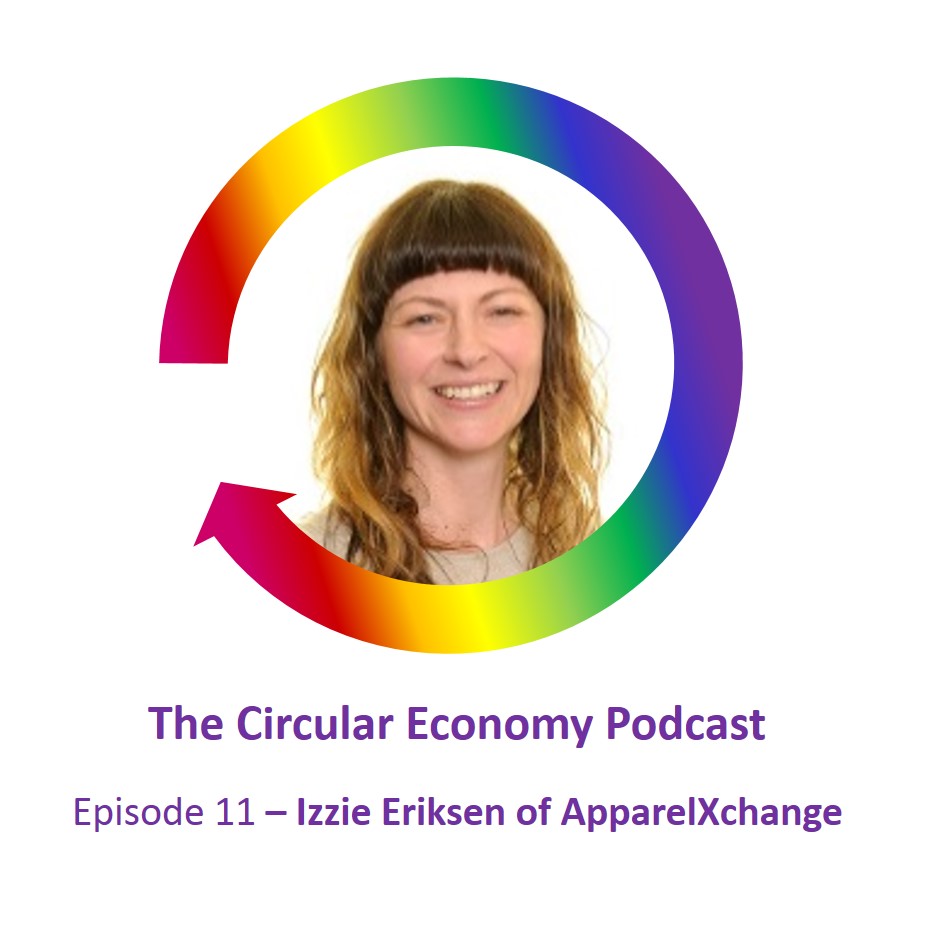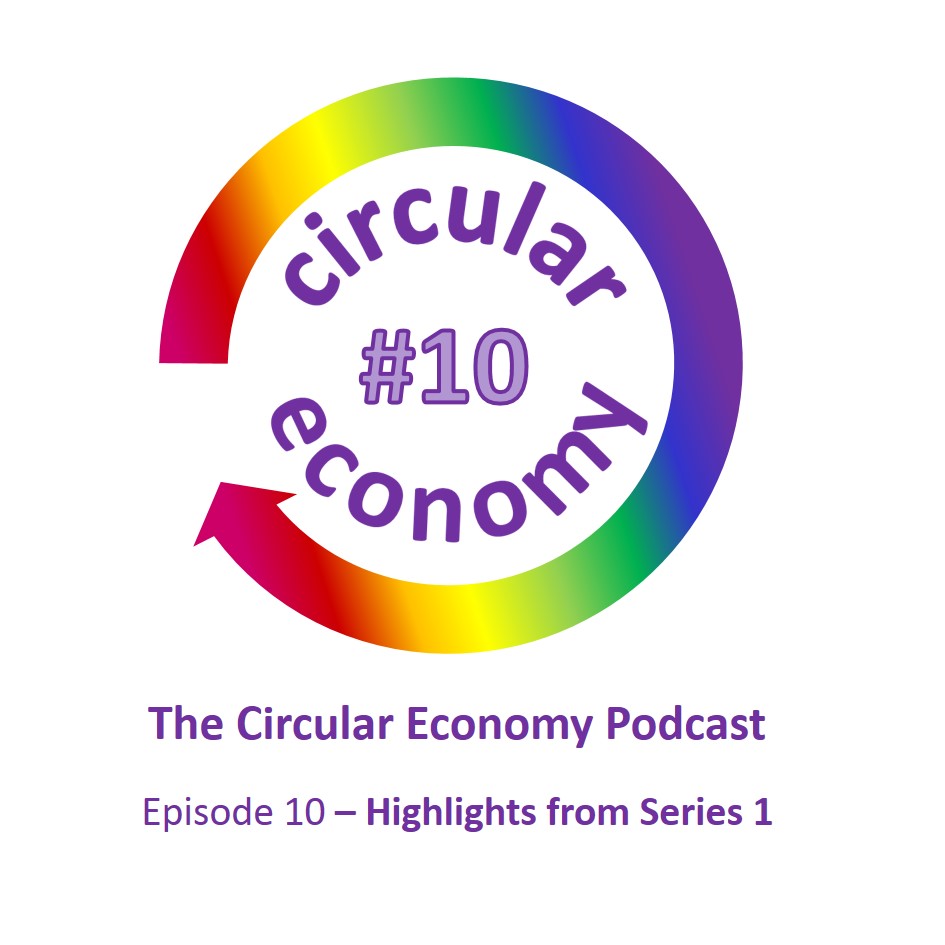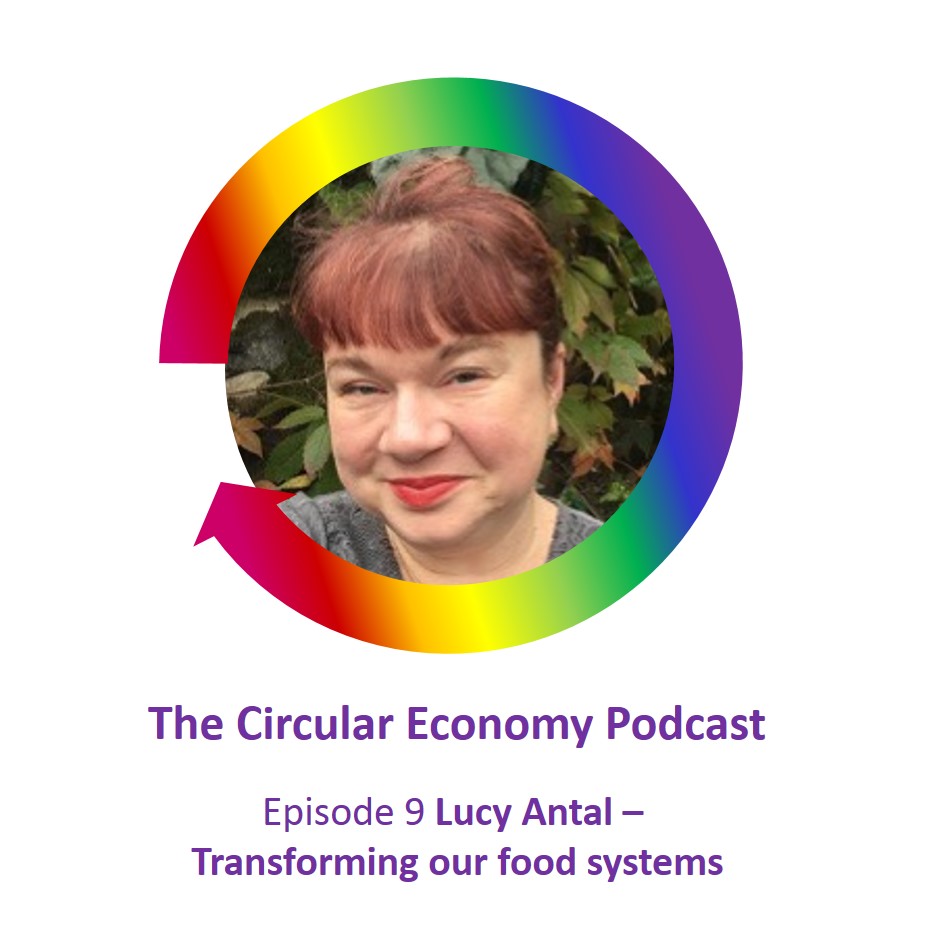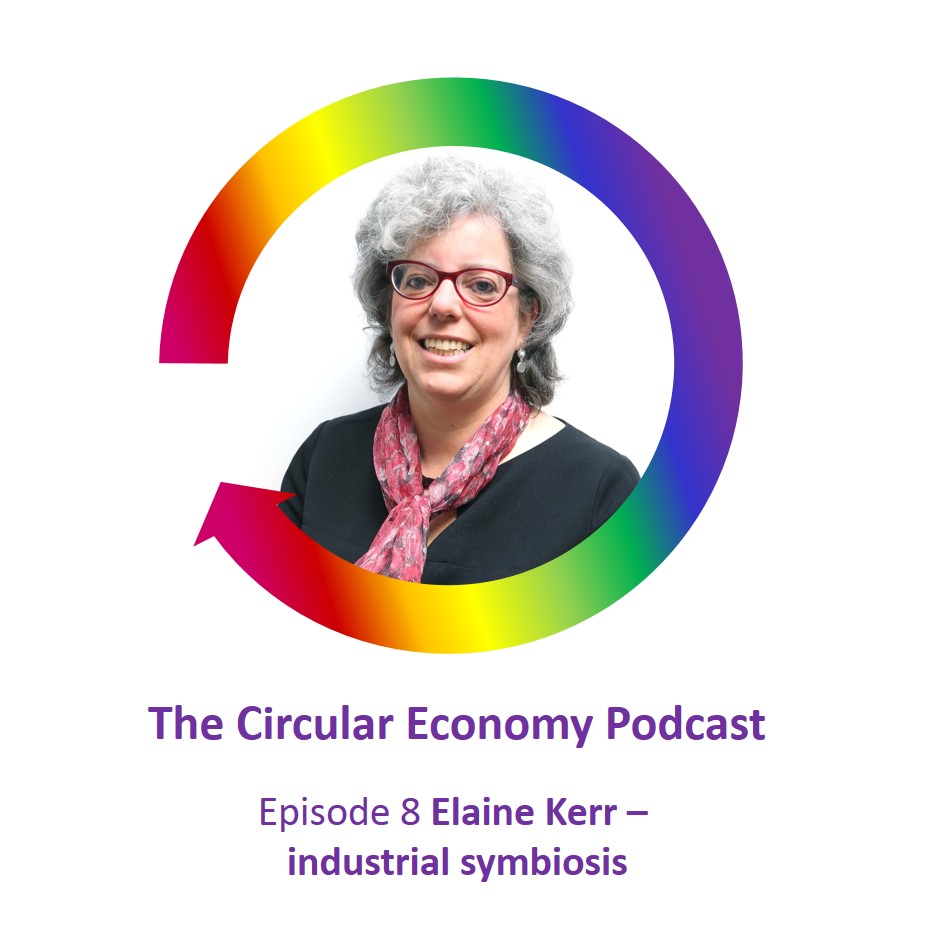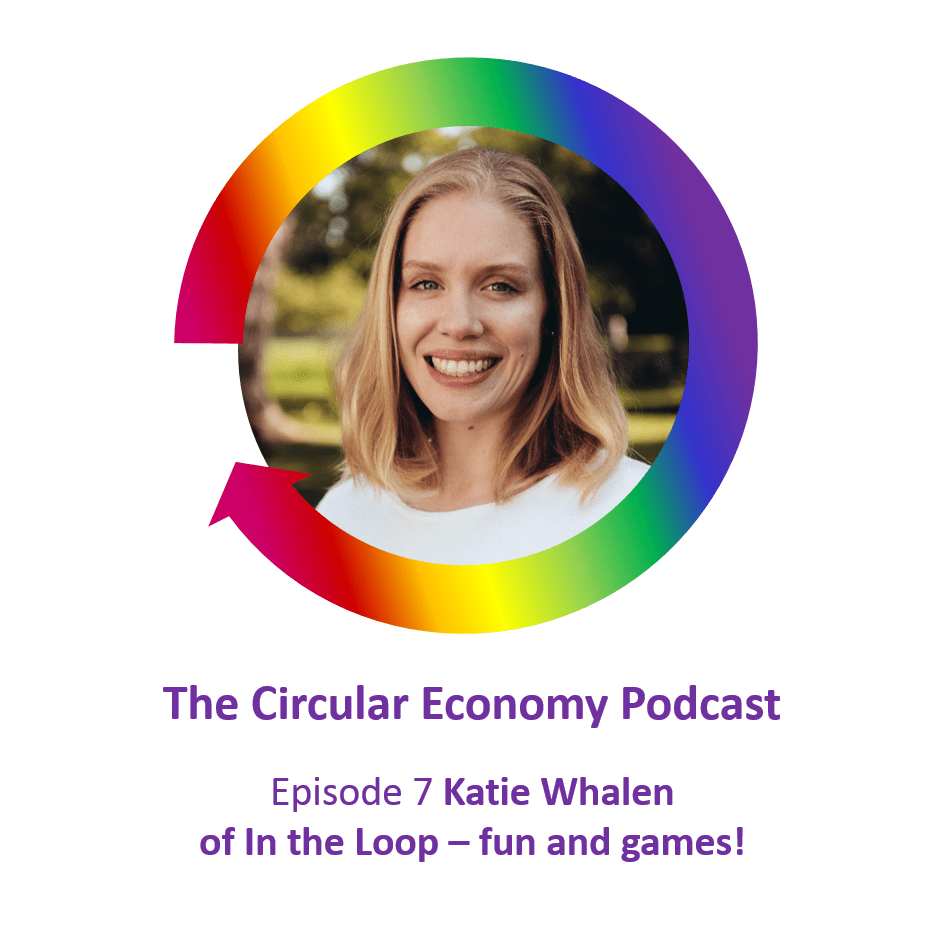Podcast: Play in new window | Download
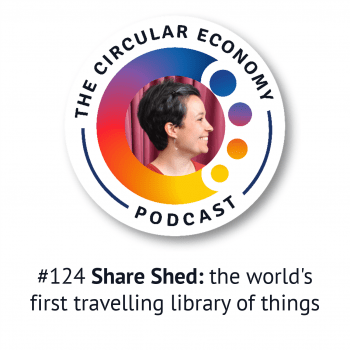
Mirella Ferraz is co-founder of Share Shed, the world’s first travelling library of things. The Share Shed van visits rural communities, so people can borrow a wide range of useful things, including tools, household appliances, camping and gardening equipment, sewing machines, suitcases and much more!
Share Shed aims to:
- Help people save money, space and resources, and reduce clutter
- Build bridges between people’s needs and wants and the resources already available in their community
- Support more collaborative and sustainable lifestyles and inspire people to engage in social change
Mirella Ferraz has worked for over 10 years at the Network of Wellbeing, which supports Share Shed, and she is proud to set up and run community projects that support the wellbeing of people and the planet. Mirella grew up in Brazil, and currently lives in Devon, UK.
We find out how Share Shed works in practice, and how it’s been evolving as it expands to serve more communities – including finding was to make the service more convenient for those who can’t make it to the Shed’s pick up and drop off locations and schedule.
Mirella tells us how perceptions and attitudes are changing, too – for a variety of reasons.
International speaker, author and strategic advisor, Catherine Weetman helps people discover why circular, regenerative and fair solutions are better for people, planet – and prosperity.
Catherine’s award-winning book: A Circular Economy Handbook: How to Build a More Resilient, Competitive and Sustainable Business includes lots of practical examples and tips on getting started.
Stay in touch for free insights and updates…
Read on for more on our guest and links to the people, organisations and other resources we mention.
Don’t forget, you can subscribe to the podcast series on iTunes, Google Podcasts, PlayerFM, Spotify, TuneIn, or search for “circular economy” in your favourite podcast app. Stay in touch to get free insights and updates, direct to your inbox…
You can also use our interactive, searchable podcast index to find episodes by sector, by region or by circular strategy. Plus, there is now a regular Circular Economy Podcast newsletter, so you get the latest episode show notes and links delivered to your inbox on Sunday morning, each fortnight. The newsletter includes a link to the episode page on our website, with an audio player. You can subscribe by clicking this link to update your preferences.
Links we mention in the episode:
- Circular Economy Podcast on LinkedIn: linkedin.com/showcase/circular-economy-podcast/
- Circular Economy Podcast website: circulareconomypodcast.com
- Catherine Weetman on LinkedIn: https://www.linkedin.com/in/catherine-weetman-9419107/
- A Circular Economy Handbook: How to Build a More Resilient, Competitive and Sustainable Business – buy from any good bookseller, or direct from the publisher Kogan Page, which ships worldwide (free shipping to UK and US) https://www.koganpage.com/CircEcon2
- Interactive podcast index https://www.rethinkglobal.info/circular-economy-podcast-index/
- Rethink Global www.rethinkglobal.info
- Sign up to get the podcast player and shownotes for each new episode emailed to your inbox
Links for our guest:
- networkofwellbeing.org
- shareshed.org.uk
- Mirella Ferraz on LinkedIn https://www.linkedin.com/in/mirella-ferraz-2622489a/
- Video that Robin Greenfield made on the day we opened the Share Shed (1.3M views!)
- Campaign video fo the People’s Project Fund
- Webinar on How to Set Up a Library of Things
- Ethical Consumer’s directory of Libraries of Things in the UK https://www.ethicalconsumer.org/home-garden/library-things-directory and Share: Totnes’s ’10 top tips for setting up a Library of Things https://www.ethicalconsumer.org/home-garden/how-create-library-things-10-top-tips
Books, people and organisations we mentioned
- The ReStore in Dartington, Devon UK https://www.refurnish.org.uk/stores/dartington/
- Lend Engine – software for lending libraries https://www.lend-engine.com/
- Positive News – free daily newsletter and quarterly print magazine https://www.positive.news/
Guest bio
Mirella Ferraz has been working for over 10 years at the Network of Wellbeing, proudly running community projects that support the wellbeing of people and the planet. She is one of the co-founders of the Share Shed, which is the world’s first travelling library of things. She grew up in Brazil, and currently lives in Devon, UK.
Playlist: getting started with the circular economy…
Want to know more about the what the circular economy really is, and how it can help your business? Here’s a playlist to help you get to grips with the concept, how it creates value, and the common myths (spoiler alert – it’s much more than recycling!)
- #1 What is the circular economy: A quick intro to explain what the circular economy is and why it’s important. We explore how it helps create better products and services, and at the same time helps to make a better world. I break it down into my 5 circular economy components, helping you think about each part of your business.
- #2 The linear economy and your risk checklist: We dig a bit deeper into the way we do business now, the linear economy, and why that’s creating problems for business, society and our living planet. Also, we’ll look at the risks that emerge from those big-picture issues, and how they might affect your organisation.
- #90 Does circular mean it’s sustainable? Does circular mean it’s sustainable? Catherine Weetman is worried that companies are using circular economy solutions to grow their business (and their footprints).
- #101 Circular is better for people, planet and profit! How three simple strategies can help you get started with circular and regenerative solutions that are better for people, planet and profit.
- #120 Priorities are changing: people find life is better when we care for and share things – circular economy strategies make that better for business, too.
And here’s Catherine’s guide: What is the circular economy?
Want to dig deeper?
Why not buy Catherine’s award-winning book, A Circular Economy Handbook: How to Build a More Resilient, Competitive and Sustainable Business. This comprehensive guide uses a bottom-up, practical approach, and includes hundreds of real examples from around the world, to help you really ‘get’ the circular economy. Even better, you’ll be inspired with ideas to make your own business more competitive, resilient and sustainable.
Please let us know what you think of the podcast – and we’d love it if you could leave us a review on iTunes, or wherever you find your podcasts. Or send us an email…
Please let us know what you think of the podcast – and we’d love it if you could leave us a review on iTunes, or wherever you find your podcasts. Or send us an email…
Podcast music
Thanks to Belinda O’Hooley and Heidi Tidow, otherwise known as the brilliant, inventive and generous folk duo, O’Hooley & Tidow for allowing me to use the instrumentals from the live version of Summat’s Brewin’ as music for the podcast. You can find the whole track (inspired by the Copper Family song “Oh Good Ale”) on their album, also called Summat’s Brewin’. Or, follow them on Twitter.
